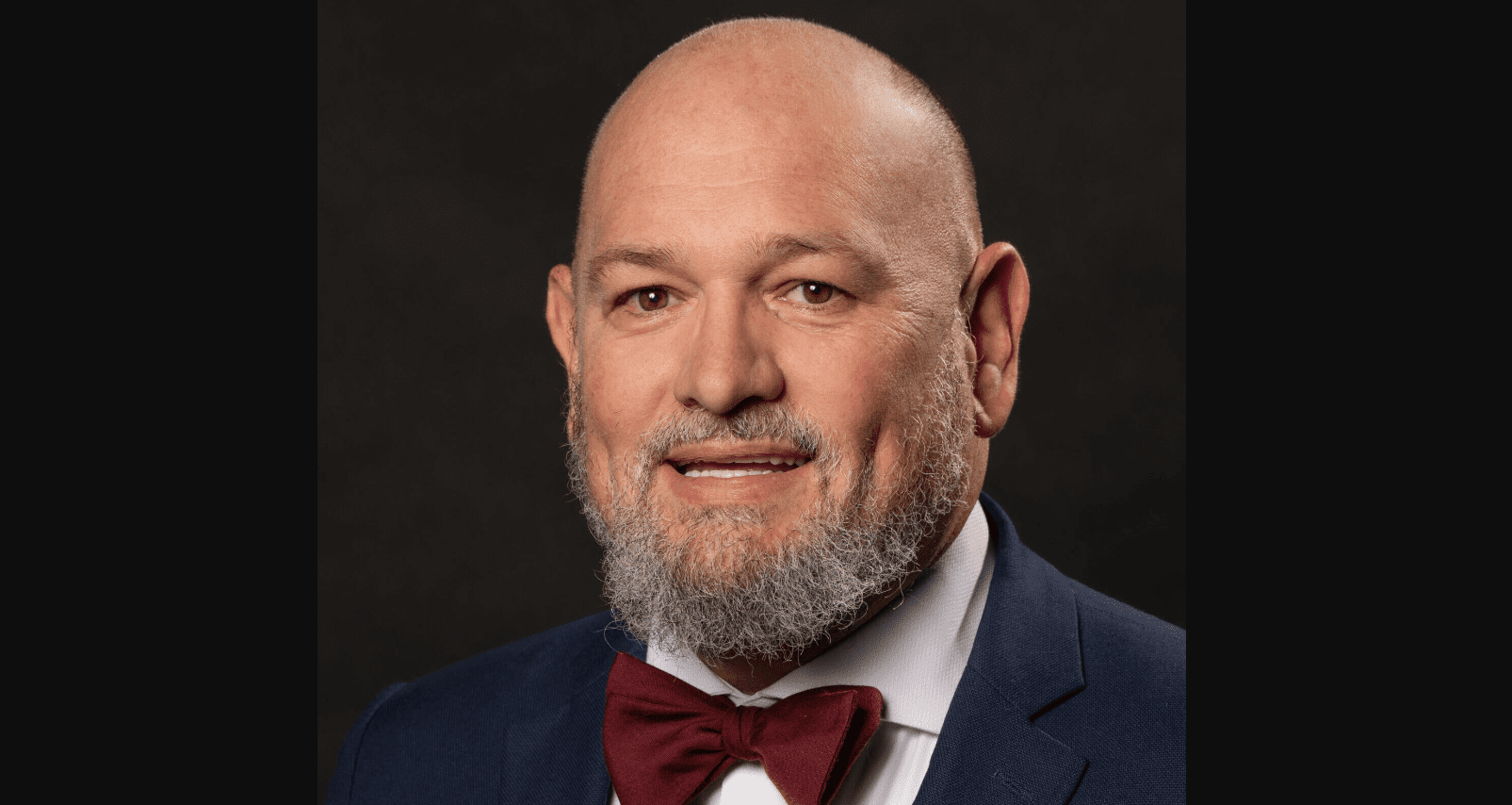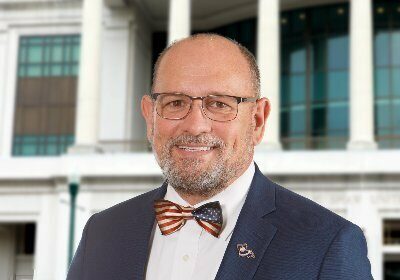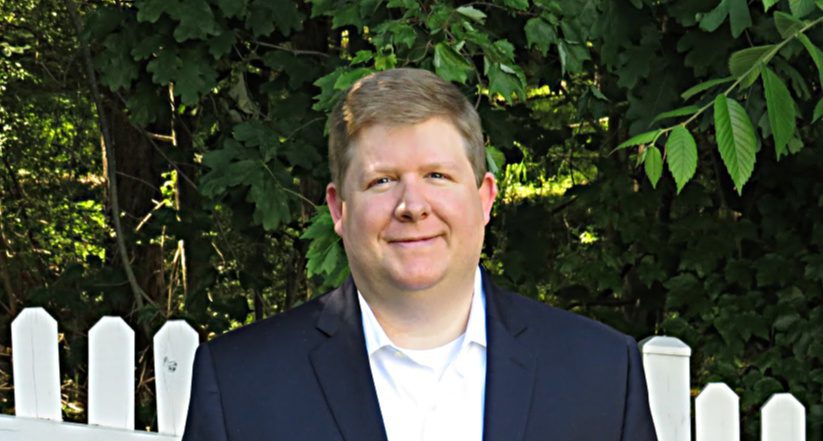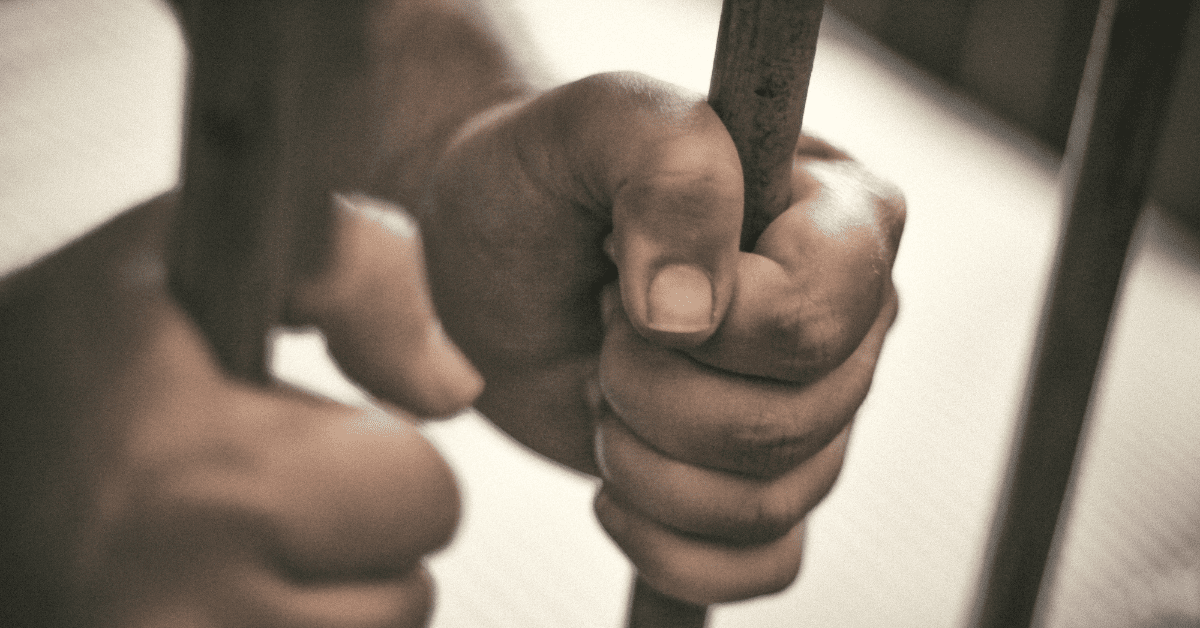
- Scott Peyton with Right on Crime says evidence-based policies can safely lower Mississippi’s high imprisonment rate.
April is Second Chance Month, a nationwide effort to raise awareness of the numerous harmful collateral consequences of a criminal conviction and unlock opportunities for people impacted by the criminal justice system. This month is a reminder of the importance of removing those barriers while we continue to advance evidence-based policies that can safely lower Mississippi’s high imprisonment rate. That’s why we must advocate for smart policies that do both. Common sense legislation to continue parole eligibility allows more Mississippians with the opportunity to rejoin their communities, the workforce, and their families, while continuing to promote public safety.
Mississippi’s elected leaders have made notable strides over the past few years to create a safer and stronger state by passing reforms, such as expanding parole eligibility in 2021, that saves taxpayer dollars while promoting public safety. If that sounds too good to be true, I assure you it’s not. Between 2009 and 2019, 37 states experienced reductions in both crime and imprisonment, with crime falling faster in states that reduced imprisonment than in states that increased imprisonment. In fact, allowing more people to earn their way home makes them more likely to follow prison rules, provides strong incentives to participate in rehabilitative programs that prepare them for the workforce and help reduce recidivism.
Since Mississippi’s current parole law has been in effect, 98% of people made newly eligible for parole did not return to prison on a new sentence within the first 24 months following release. And let’s be clear, individuals released on parole are supervised by parole officers who monitor whether they’re following the rules of their release and help connect them to necessary services to support their successful reentry to their communities.
In addition to prioritizing public safety, parole is incredibly popular. Nearly 90% of Mississippi voters, including 87% of Republican voters, support allowing people to earn their way home through the parole process. That’s a win-win for everyone.
Parole also helps strengthen Mississippi’s economy and workforce. Taxpayers across Mississippi currently spend more than $400 million on the prison system, and if we don’t have common sense policies like parole, the prison population will get even closer to capacity and taxpayer spending will continue to climb–without making the state safer. Policies like parole allow Mississippi to rein in spending and focus limited resources on other investments that promote public safety and economic development for the state.
Mississippi continues to have the lowest labor force participation rate in the country. As state leaders successfully attract new businesses and new industries to the state, Mississippi must also have the available workforce to fill these new jobs. Parole offers individuals a path to earn their way home, and the data proves it works and continues well into the future. Bottom line, parole supports our shared goal of safe Mississippi communities.
This April, and every month after, we want to see Mississippians succeed and get a meaningful second chance to rejoin the workforce and be able to take care of their families. Policies, like parole, that bring more people back into the workforce should remain a top priority for elected leaders as the legislative session continues.









